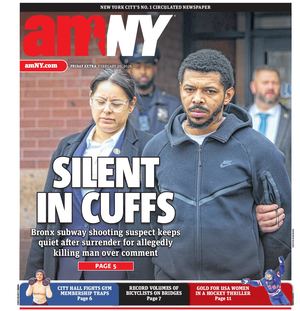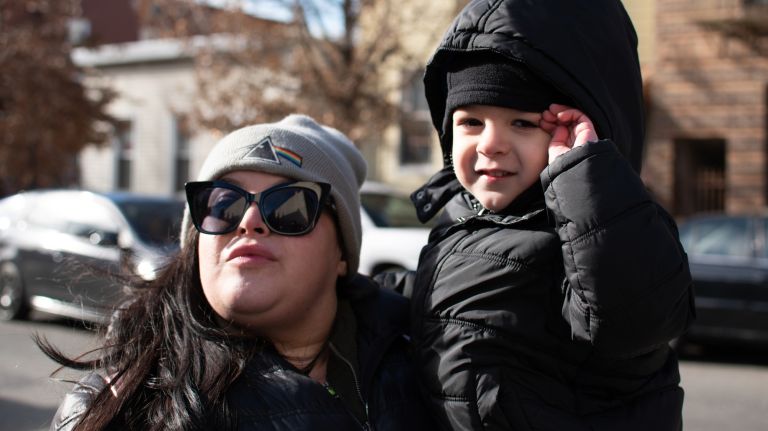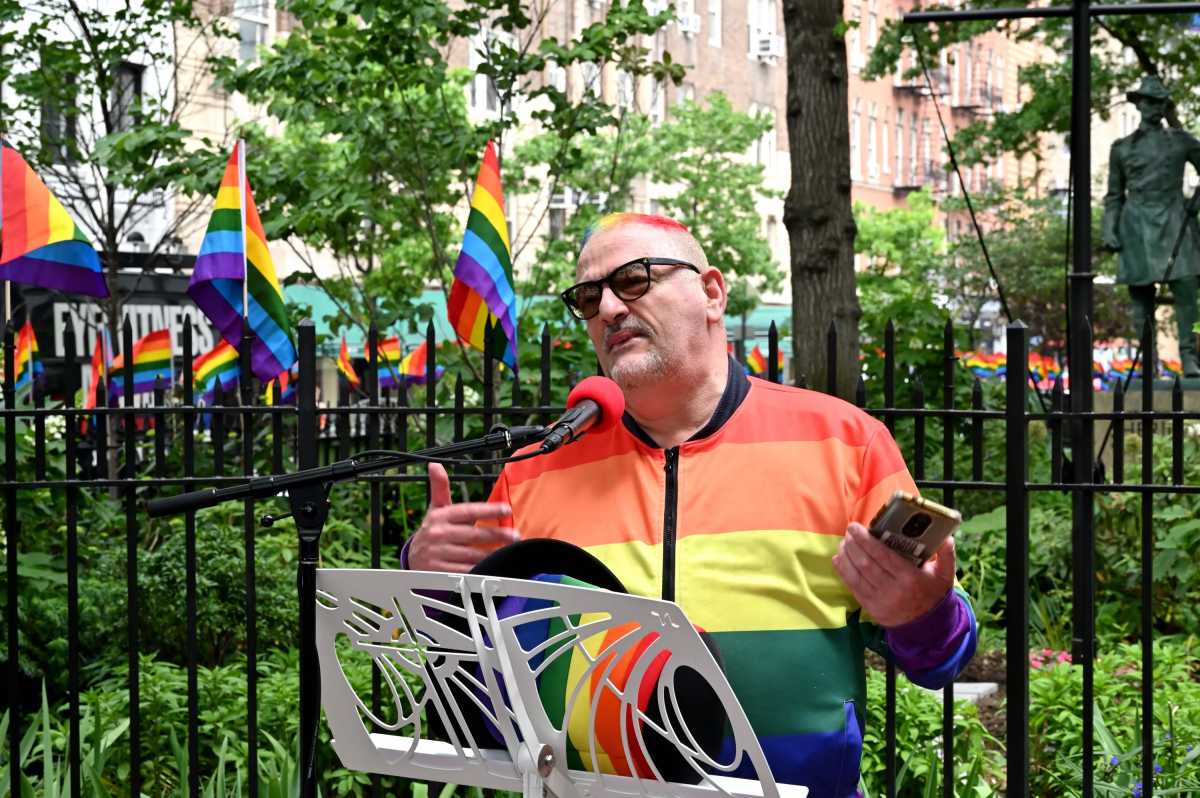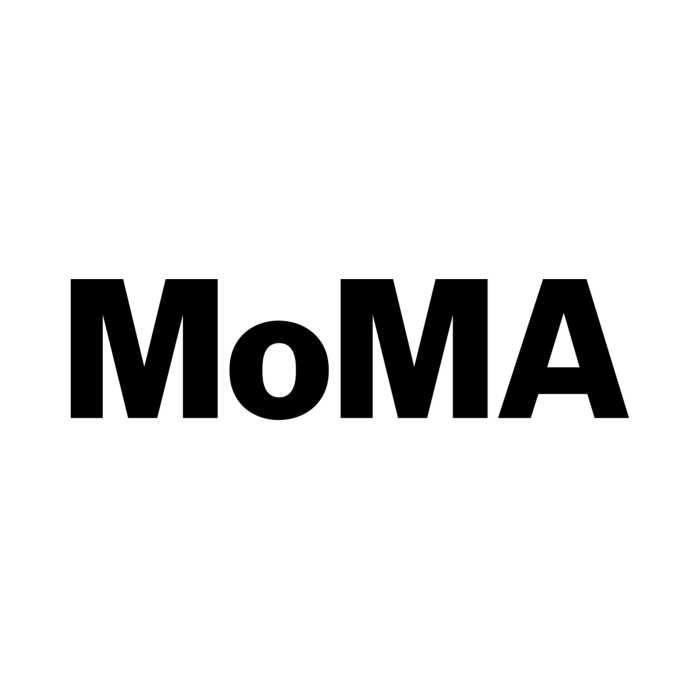
Queens resident Amanda Packman can still clearly remember the fear and anxiety she felt when she found out she was pregnant.
At 31, Packman was living in a homeless shelter, was on methadone and the pregnancy was unplanned.
“I was unemployed and had a lot of issues in my life,” Packman, now 35, said. “But I knew I wanted to have the baby and I knew I wanted to get off methadone.”
At about 8 weeks along, she enrolled in a residential program for pregnant women on methadone, and while there, she was connected to a program that changed her life.

Photo Credit: Nurse-Family Partnership
The Nurse-Family Partnership aims to break the cycle of poverty and transform the lives of some of the city’s most vulnerable women. The program is meant to help low-income, high-risk women who are in the early stages of their first pregnancy by providing one-on-one nursing services up until the child turns 2.
“We want to help new moms engage in really good preventative health practices for both herself as well as her child,” Kristin Duffy, NFP’s northeast government affairs manager, said. “It’s all a learning process, so as the moms are learning how to care for their child — a lot of times these moms don’t have anyone, so at least they have a nurse who they can bounce ideas off of and the nurse can kind of guide them as they’re experiencing parenthood.”
Packman said the first meeting with her nurse Abby was “amazing,” as she had so many of the questions that were keeping her up at night answered without judgment.
Packman would meet once a week with Abby, who would make sure her son was hitting all of his milestones, answer questions and offer advice.
“She was a major part of our lives,” she added. “She went through the whole journey with me . . . through good times and bad times.”
But Packman’s involvement with Nurse-Family Partnership didn’t end with her graduation from the program. Abby alerted her to a job opportunity within the organization as an outreach worker. She’s been working on behalf of Nurse-Family Partnership across the five boroughs since October 2017, splitting her time between speaking with eligible women and administrators of substance abuse programs.
“It’s amazing; I love my job,” she said. “I’m able to share my story with other prospective mothers who I meet and with directors of facilities who I meet, and let them know that I’m sitting there not just as an outreach worker for the program but as a graduate.”
The program is available to New York City residents who are 28 weeks pregnant or less, regardless of age, immigration status or gender identity, who meet certain income requirements. There is no specific income cutoff, Duffy said, but the program is designed to help the city’s highest-need moms.
“So the moms that are having the most difficulty, either they’re homeless, unemployed, socially isolated, addicted to drugs,” she added. “Those are the moms that we really want in on our program.”
The NFP’s eligibility requirements are not arbitrary rules. They’re based on decades of research, including the results of three randomized controlled trials (the same exhaustive research method used by the U.S. Food and Drug Administration), which helped determine what Duffy described as a “magic window,” when the desire to be a really good mother outweighs whatever else is going on in the person’s current situation.
“That magic window in our research is up to 28 weeks of pregnancy,” she said.
When compared to children in similar circumstances who did not go through an early intervention program, NFP children are 48 percent less likely to suffer abuse or neglect; 67 percent less likely to develop behavioral and intellectual problems by age 6; and 72 percent less likely to be arrested by age 15, according to the organization’s 2017 report.
In order continue to make strides in New York, Duffy said they’re seeking more funding from the New York State Legislature. In his executive budget, Gov. Andrew Cuomo allocated $3 million for the Nurse-Family Partnership, which Duffy said is the same level of funding the organization has received for the last few years.
“We are requesting another $3 million in funding from the Legislature in order to expand the programs we have or create programs in areas where to don’t reach yet,” she said.
Read more: Hilarious Match: Santos vs. Costanza Quotes Compared

































